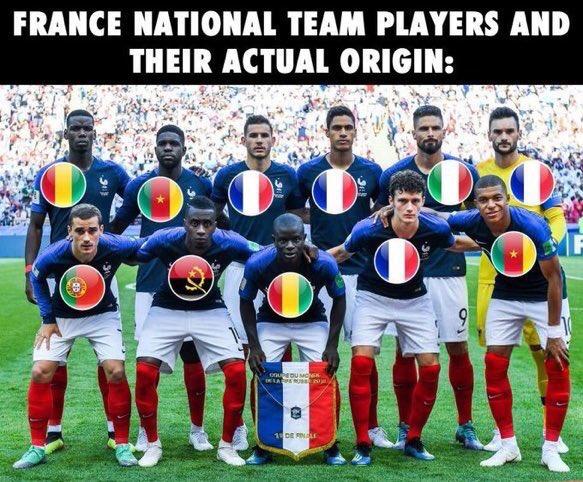Joseph Benson
African teams have made a significant impact on the FIFA World Cup over the years, with several countries reaching the later stages of the tournament and making their mark on the global soccer stage. In the 2022 World Cup in Qatar, Morocco made history by becoming the first African team to reach the third-place playoff, while Senegal, Tunisia, Ghana, and Cameroon also had strong showings in the tournament. These performances have brought hope and excitement to African soccer fans, and have helped to raise the profile of the sport on the continent.
One of the challenges faced by African teams in the World Cup is the issue of many talented African players choosing to represent Western teams instead of their home countries. This is often due to the better facilities and professional opportunities available in Western countries, as well as the possibility of obtaining citizenship or permanent residency through immigration.
This trend has had the effect of diluting the pool of talent available to African national teams, making it more difficult for them to compete on the international stage. However, it's important to note that the reasons behind this trend are often complex and multifaceted. Factors such as economic instability, political corruption, and a lack of investment in sports infrastructure can all contribute to the attraction of Western teams for African players.

In order to address this issue and ensure that African teams are able to compete at the highest levels of international soccer, it will be important for African countries to prioritize the development of their sports infrastructure and to create more opportunities for players to thrive professionally. This can help to retain talent on the continent and ensure a bright future for African soccer.
Jokes aside, with the success of African teams in the World Cup, it sometimes feels like the tournament has turned into a big African Cup of Nations, with African immigrants representing Western teams and facing off against each other on the pitch. But in reality, this trend highlights the need for African countries to address the root causes of the issue and create a thriving soccer culture that can retain and develop talent on the continent.
Dec 30, 2022